Conservative groups aren’t backing down in their fight against the Coastal Virginia Offshore Wind project, supported by the Biden administration.
They argue it’s a threat to the North Atlantic right whale, and even though a judge has allowed construction to continue for now, the lawsuit is moving forward—a classic clash of environmental protection and energy development.
Who’s Suing?

It’s a trio of conservative powerhouses—the Committee for a Constructive Tomorrow, the Heartland Institute, and the National Legal and Policy Center—leading the charge.
They’re suing both the Biden administration and Dominion Energy, worried about the risk to the endangered North Atlantic right whale and oversight errors they believe were overlooked.
Pulling Back to Push Forward
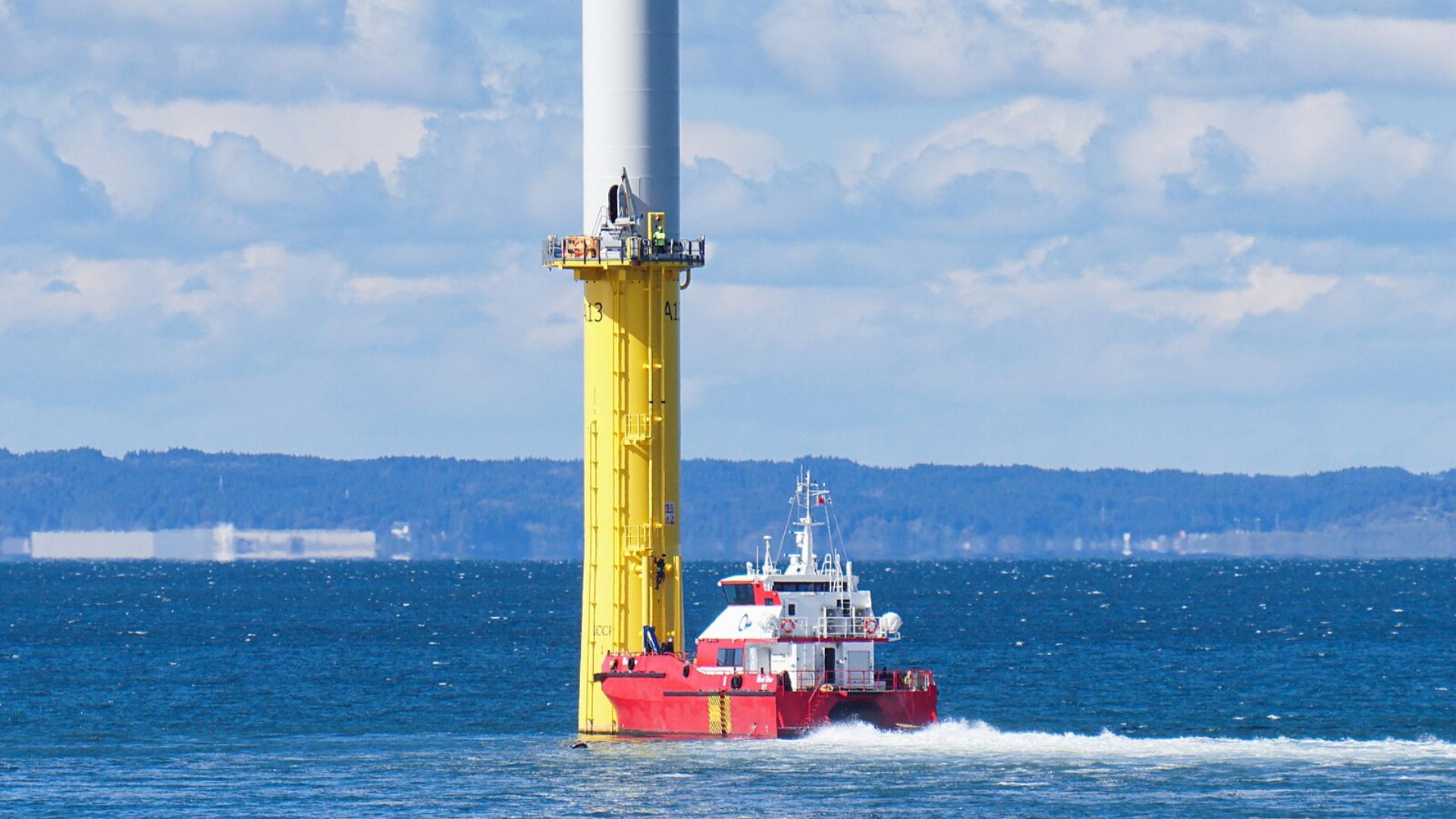
The plaintiffs recently pulled back from an appeal on a decision about a preliminary injunction, choosing instead to concentrate on the broader issues at hand.
“We made a tactical decision that, timing-wise, it made sense to forego the appeal,” Paul Kamenar, counsel for the National Legal and Policy Center, told Fox News Digital, highlighting a strategic shift in their approach.
A Court’s Stand on the Injunction
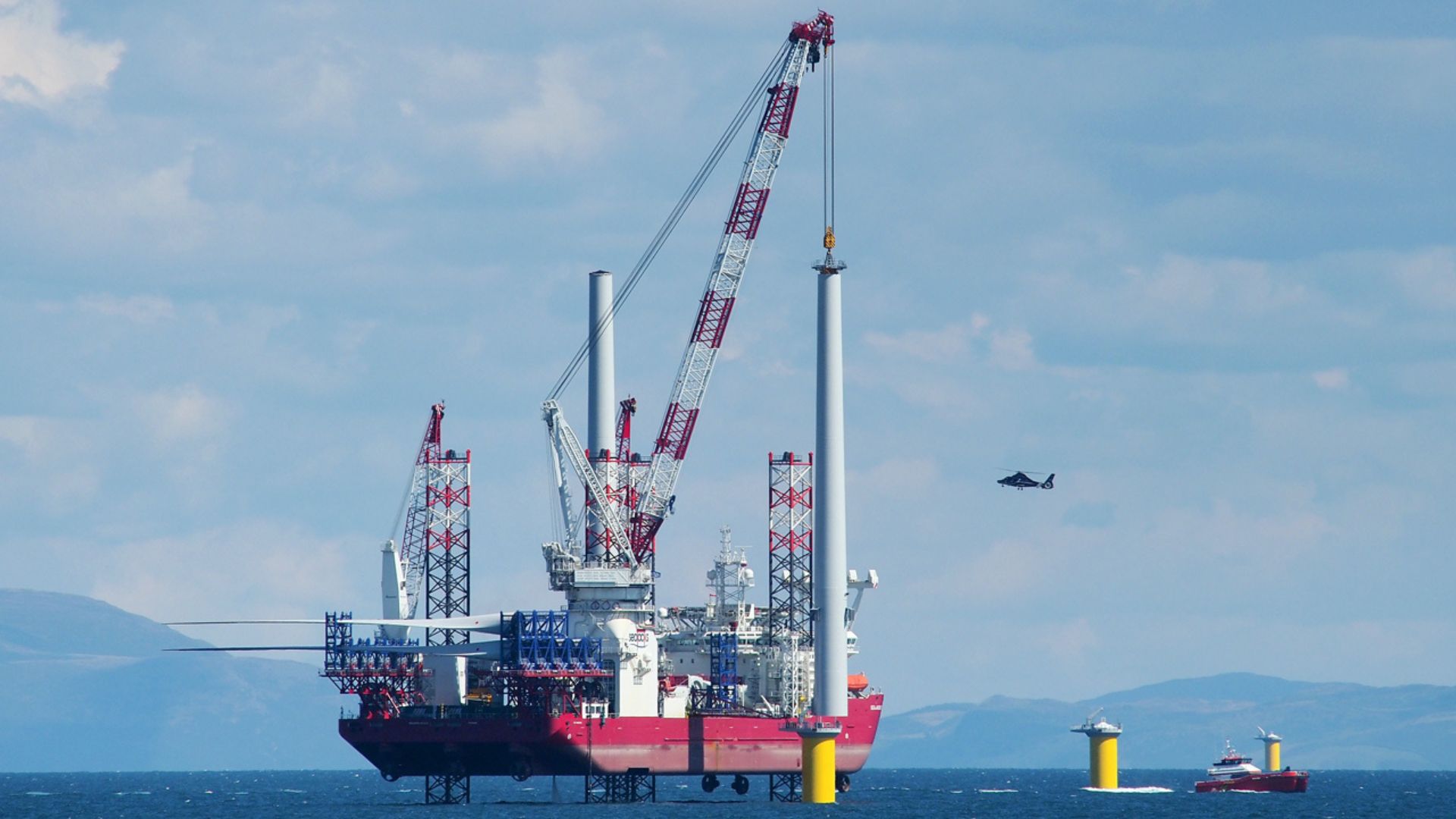
District Judge Loren L. AliKhan decided not to stop the wind farm’s construction with a preliminary injunction.
However, she did recognize the plaintiffs’ right to bring their concerns to court, affirming their standing in this ongoing legal confrontation. This keeps the wind turbines turning for now as the courtroom battles heat up.
Legal Timelines in Play
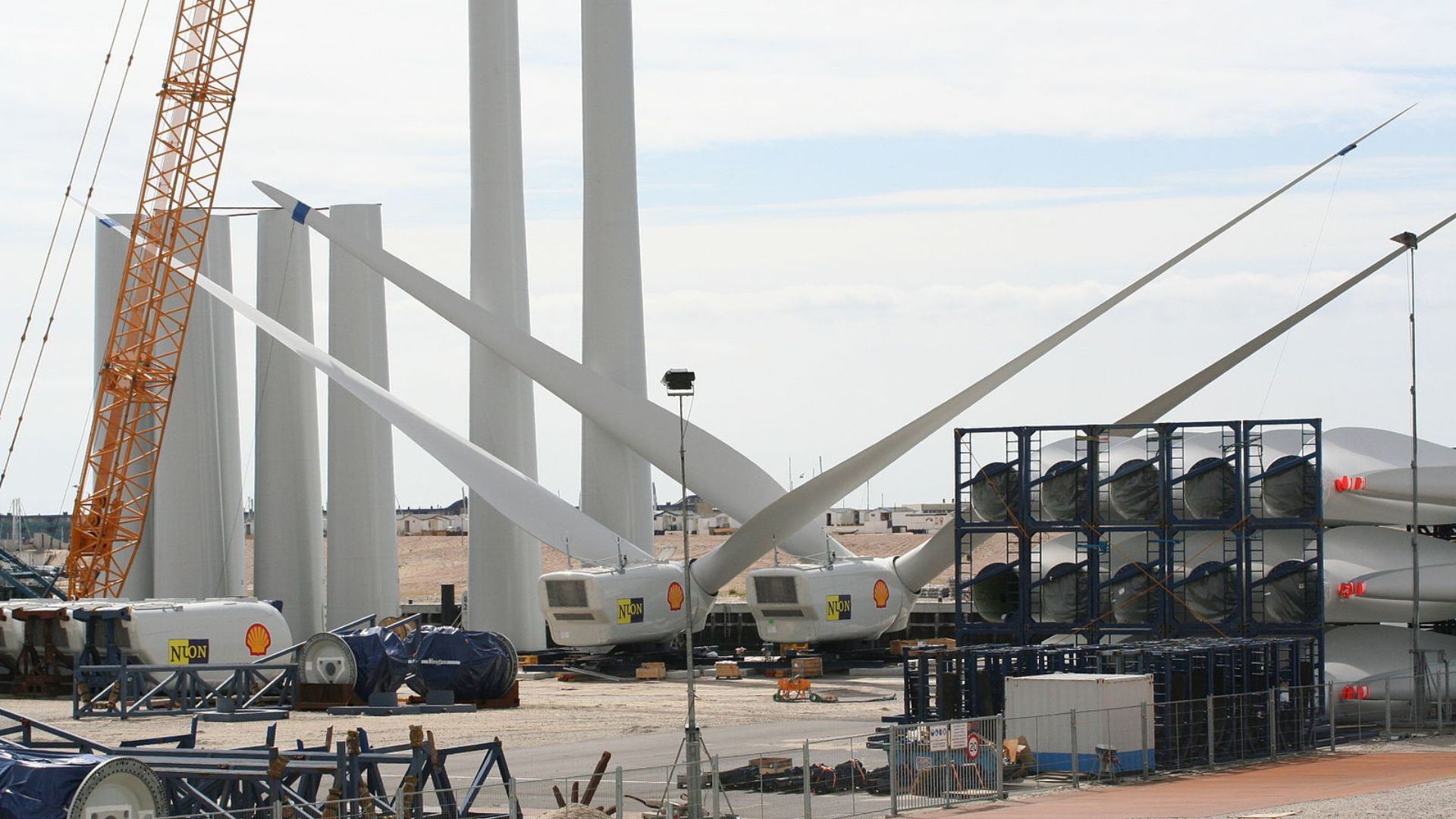
With legal briefs due in early October and a construction pause mandated from December to May 2025, the plaintiffs’ strategy seems aligned with these critical timings.
This schedule could play a vital role in how the case unfolds, offering a structured timeline for their arguments.
A Call for Environmental Caution
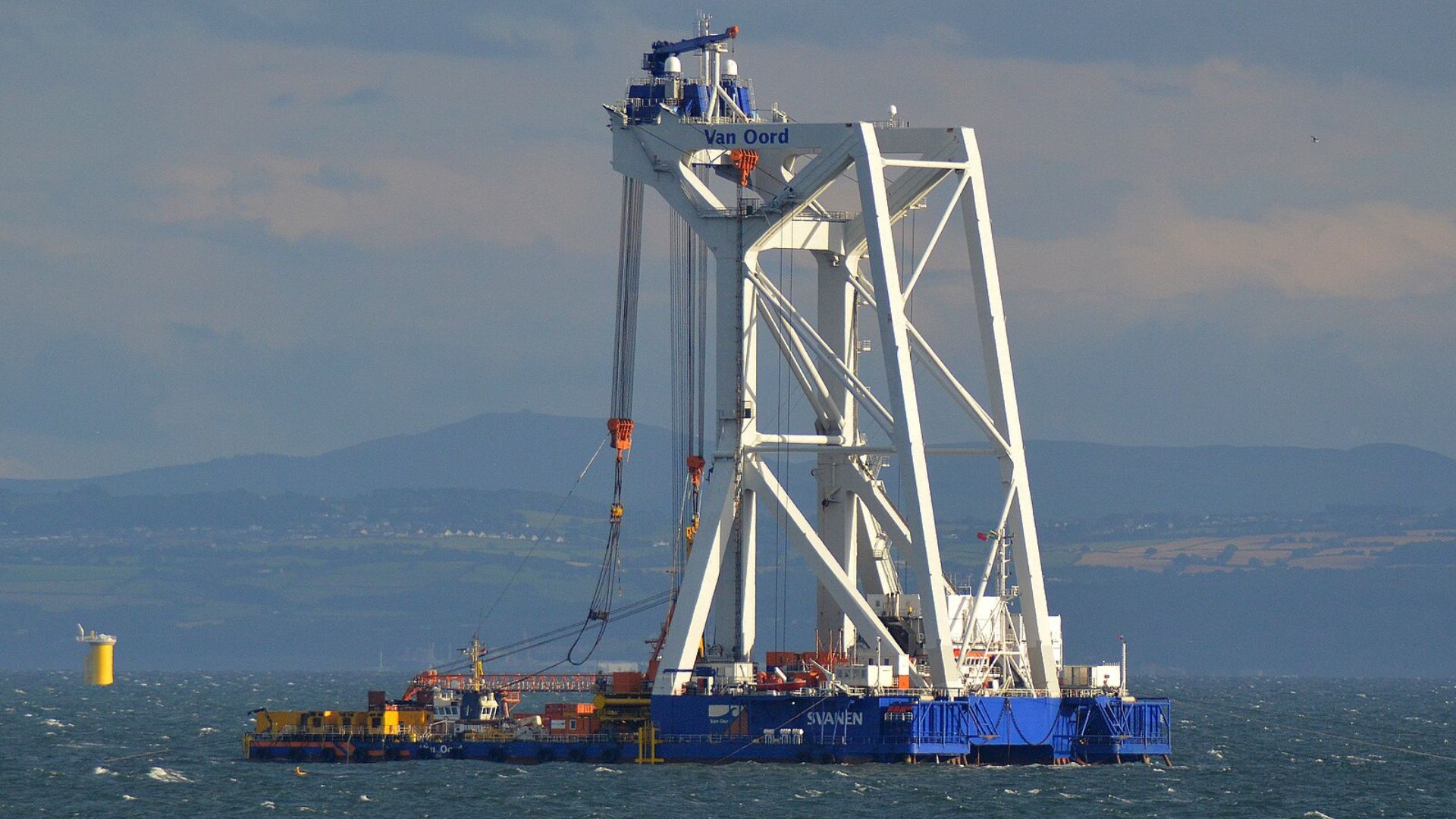
At the heart of the lawsuit is a demand to halt construction until a reassessment of the impact on the whales can be done, requiring a new “biological opinion” that could enforce stricter environmental safeguards.
The plaintiffs claim the project was green-lit without fully considering the risks to these endangered creatures.
Dominion Stands Its Ground
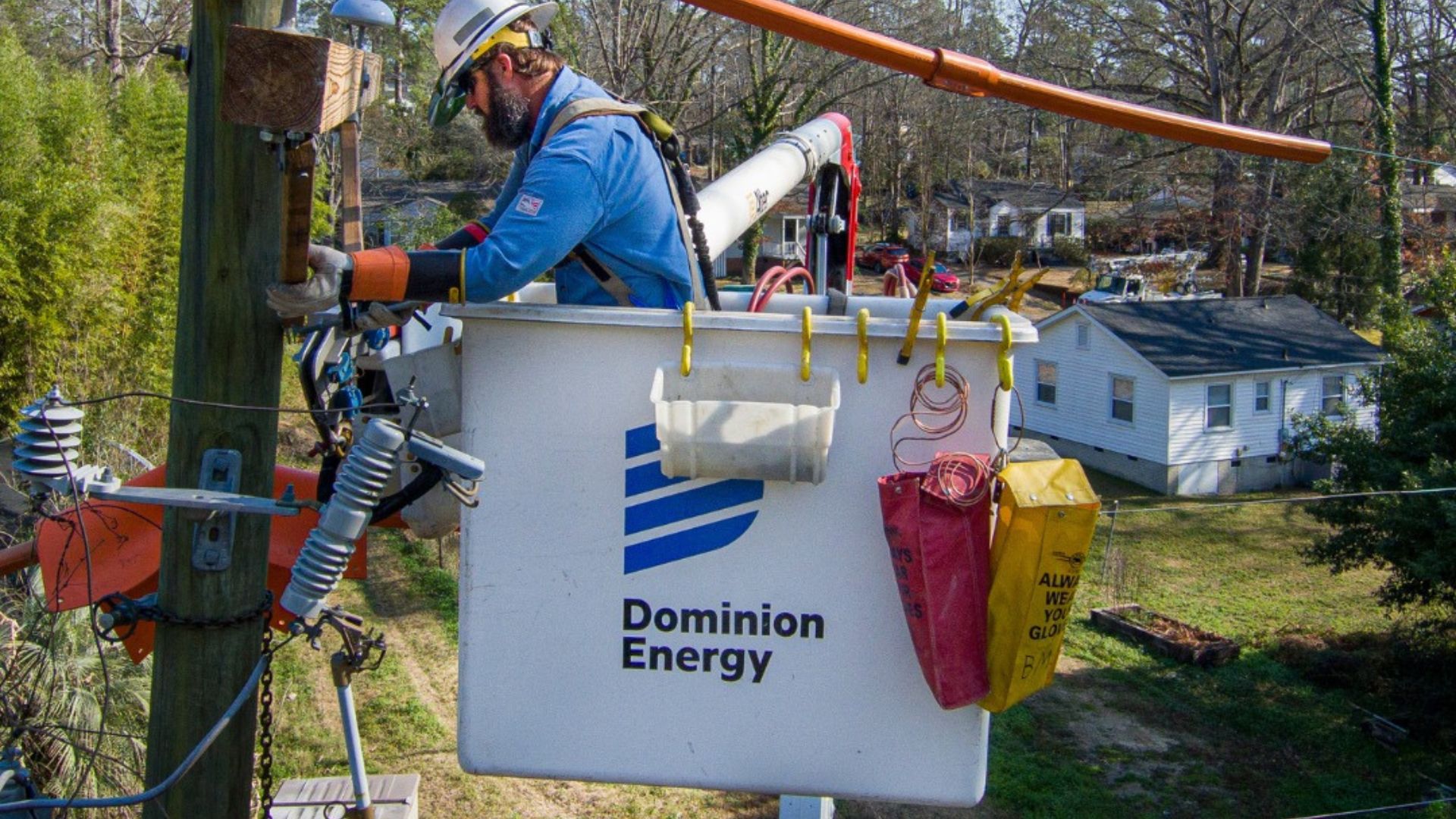
Dominion Energy is not budging, firmly rejecting the lawsuit’s claims. “We agree with the District Court’s decision, and we stand behind the agency’s approval of the project,” said Jeremy Slayton, a spokesperson for Dominion.
He insists that the environmental reviews were thorough and protective of marine life.
Energy Development Meets Environmental Ethics

The lawsuit underlines a broader debate: the balance between advancing renewable energy and protecting the environment.
The wind project promises significant progress in clean energy but has sparked concerns about its potential impacts on marine ecosystems, especially concerning the endangered North Atlantic right whale.
The Whale at the Center of the Storm
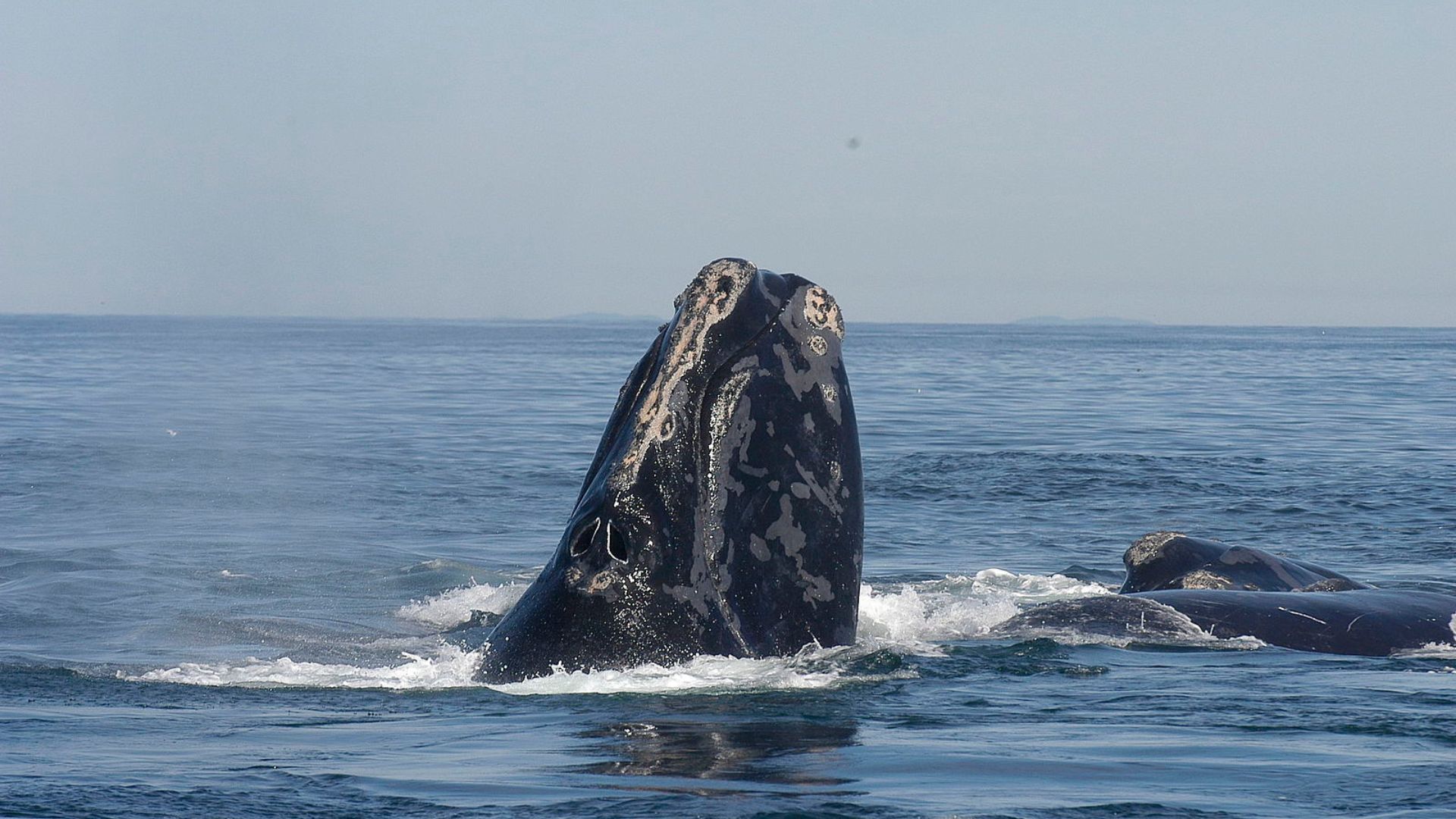
The endangered North Atlantic right whale‘s survival is a major point of contention in this lawsuit.
As construction threatens their dwindling population, the legal challenge stresses the need for comprehensive measures to protect these vulnerable marine giants.
The Scale of the Project
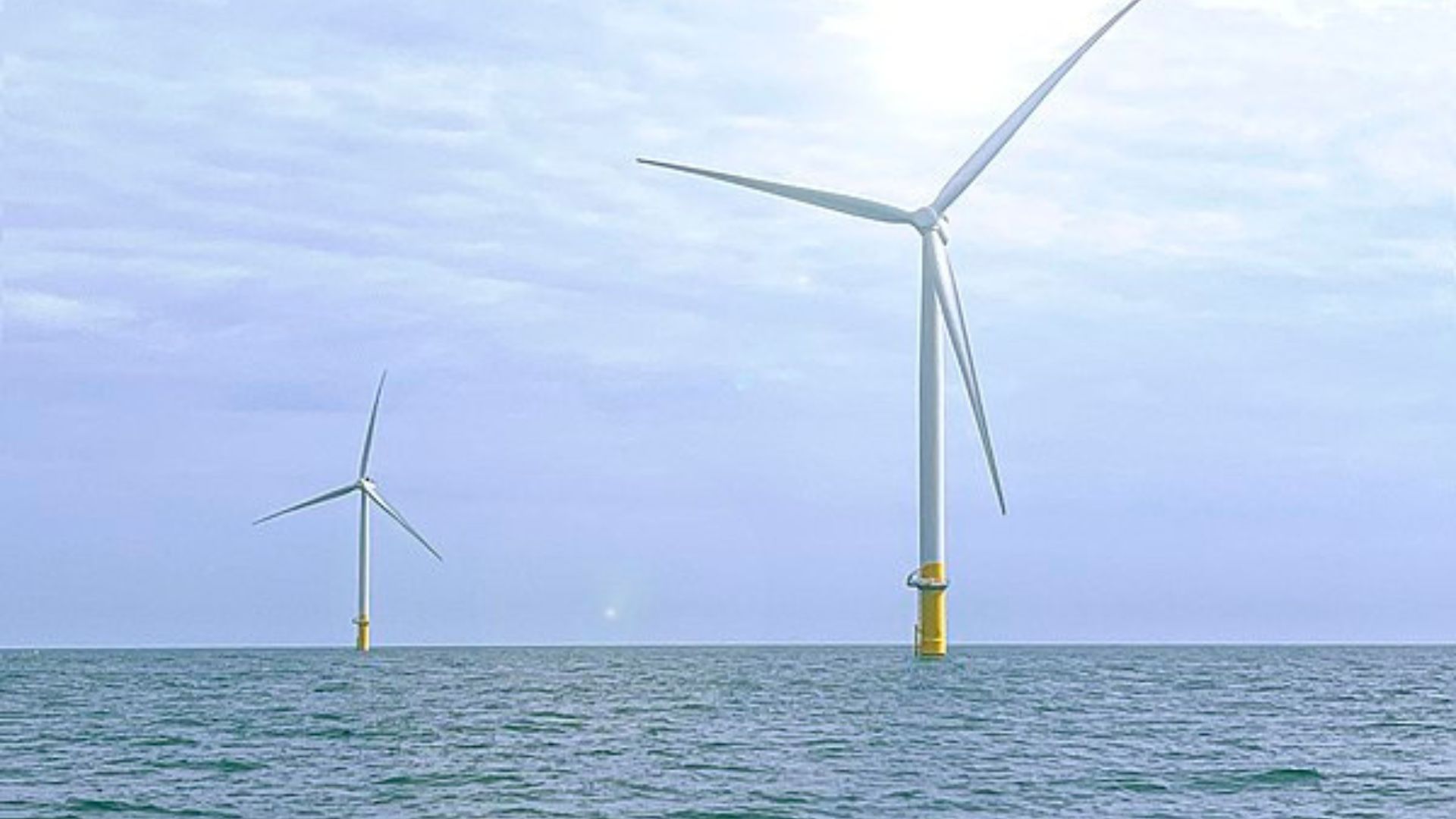
If completed, the Coastal Virginia Offshore Wind project will be a massive undertaking with 176 turbines, each taller than the Washington Monument, stationed off Virginia Beach.
This project is more than an engineering feat; it’s a pivotal moment in the ongoing debate over technological advancement and environmental responsibility.
Inside the Legal Strategy

“We are focusing on preparing our main case rather than appealing the preliminary decision, as our brief on those merits are already scheduled to be filed soon…and Dominion has to stop all work anyway from December to next May 2025,” explained Paul Kamenar of the National Legal and Policy Center.
This legal maneuver is designed to coincide strategically with enforced work stoppages.
Looking Ahead in the Legal Battle
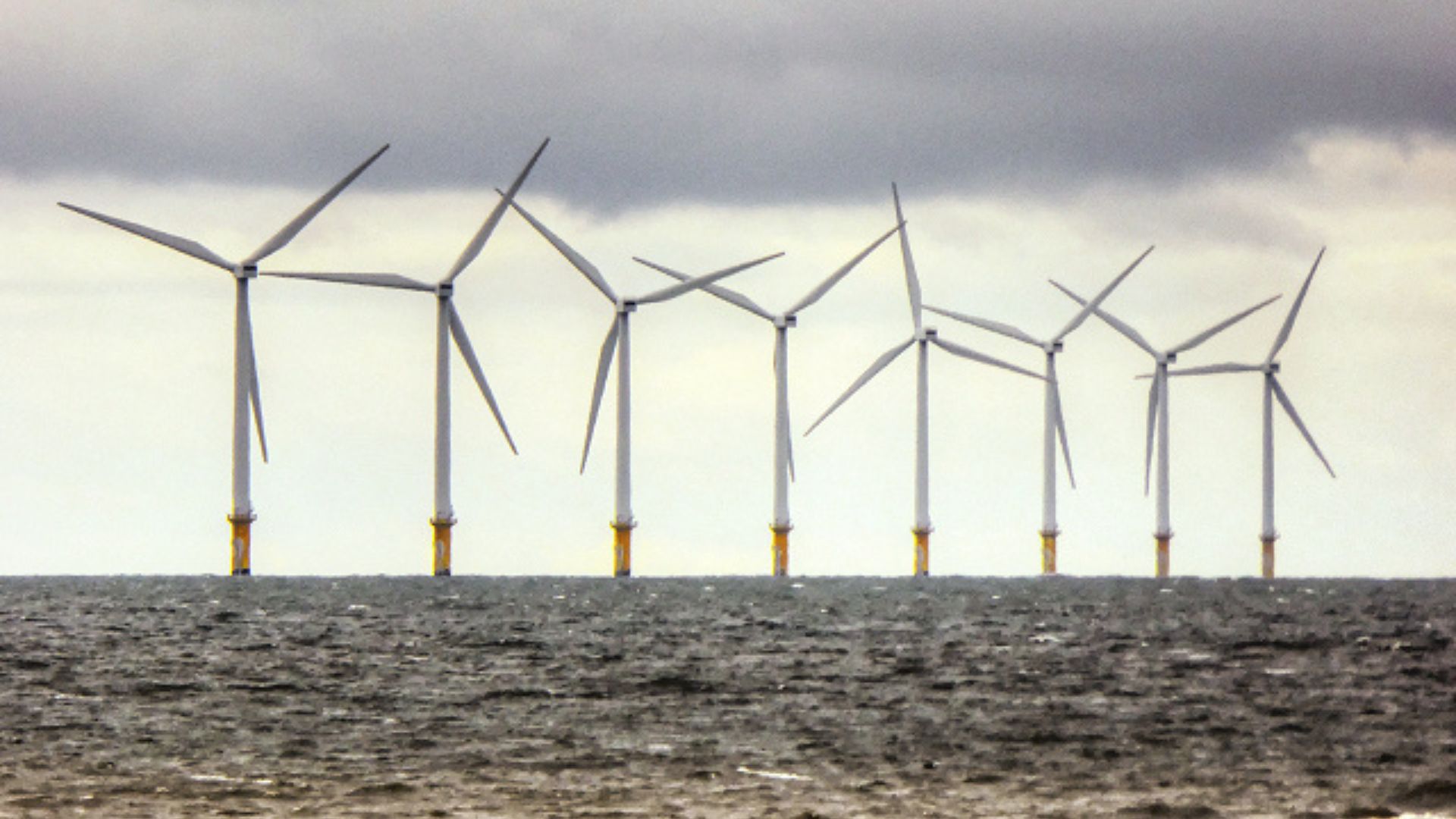
As this case progresses, it’s poised to set precedents for how environmental issues are balanced with the pursuit of renewable energy.
It’s a critical moment for legal and environmental experts alike, watching closely how the courts address these complex challenges. The outcome could shape future projects and policies in the rapidly evolving landscape of energy and environmental conservation.
